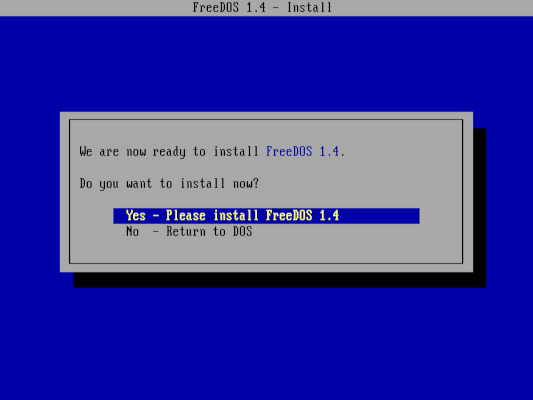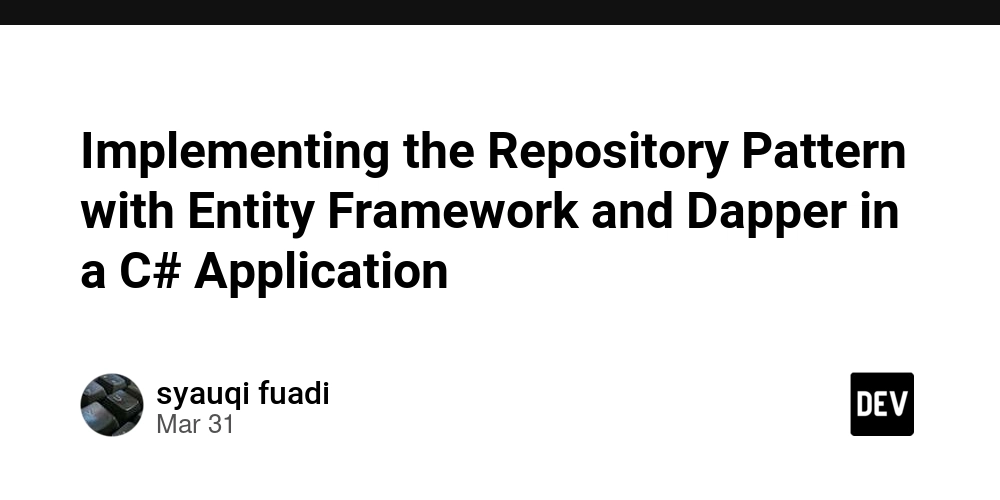Mix: A Beginner’s Guide to Elixir’s Build Tool and Dependency Manage
Introduction Mix is Elixir’s default build tool, designed to automate common tasks like project creation, compilation, testing, and dependency management. While similar to tools like dotnet CLI, Mix offers deeper extensibility and is tightly integrated with Elixir’s ecosystem. Core Features Creating a Project Generate a new Elixir project with a single command: mix new friends This creates a structured project with a mix.exs file at its core. The mix.exs File This file defines project settings, dependencies, and tasks. Here’s a minimal example: defmodule Friends.MixProject do use Mix.Project def project do [ app: :friends, version: "0.1.0", elixir: "~> 1.18", start_permanent: Mix.env() == :prod, deps: deps() ] end def application do [extra_applications: [:logger]] end defp deps do [] # Dependencies go here end end Dependency Management Adding Dependencies Edit the deps function in mix.exs: defp deps do [ {:ecto_sql, "~> 3.0"}, {:postgrex, ">= 0.0.0"} ] end Note: Unlike npm or cargo, Mix lacks a mix deps.add command—edit mix.exs manually. Restoring Dependencies mix deps.get # Fetches dependencies mix deps.compile # Compiles them Updating Dependencies Update a single package: mix deps.update ecto_sql Update all packages: mix deps.update --all Mix uses a mix.lock file to ensure consistent versions across environments. Common Workflows Compiling the Project mix compile Running Tests mix test Extending Mix Aliases Mix aliases are custom shortcuts defined in your mix.exs file to simplify or combine repetitive tasks. They allow you to: Chain multiple Mix commands into one. Create project-specific workflows. Simplify complex build/test/deploy processes. def project do [ ..., aliases: aliases() ] end defp aliases do [ build_test: ["compile", "test"], "build:test": ["compile", "test"] ] end Run with: mix build_test Custom Tasks Create reusable tasks (e.g., lib/mix/tasks/hello.ex): defmodule Mix.Tasks.Hello do @moduledoc "Prints a greeting: `mix help hello`" use Mix.Task @shortdoc "Prints 'hello' to the console" def run(_args) do IO.puts("hello") end end Run with: mix hello Why Mix Shines Extensible: Frameworks like Phoenix and Ecto add their own tasks (e.g., mix ecto.gen.repo). Batteries Included: Built-in tasks for testing, compilation, and dependency management. Community-Driven: Most Elixir libraries integrate seamlessly with Mix. Conclusion Mix is the backbone of Elixir development. Its simplicity for common tasks and flexibility for customization make it indispensable. Next Steps: Explore Mix’s official documentation. Learn advanced workflows with Elixir School.

Introduction
Mix is Elixir’s default build tool, designed to automate common tasks like project creation, compilation, testing, and dependency management. While similar to tools like dotnet CLI, Mix offers deeper extensibility and is tightly integrated with Elixir’s ecosystem.
Core Features
- Creating a Project
Generate a new Elixir project with a single command:
mix new friends
This creates a structured project with a mix.exs file at its core.
- The mix.exs File
This file defines project settings, dependencies, and tasks. Here’s a minimal example:
defmodule Friends.MixProject do
use Mix.Project
def project do
[
app: :friends,
version: "0.1.0",
elixir: "~> 1.18",
start_permanent: Mix.env() == :prod,
deps: deps()
]
end
def application do
[extra_applications: [:logger]]
end
defp deps do
[] # Dependencies go here
end
end
Dependency Management
Adding Dependencies
Edit the deps function in mix.exs:
defp deps do
[
{:ecto_sql, "~> 3.0"},
{:postgrex, ">= 0.0.0"}
]
end
Note: Unlike npm or cargo, Mix lacks a mix deps.add command—edit mix.exs manually.
Restoring Dependencies
mix deps.get # Fetches dependencies
mix deps.compile # Compiles them
Updating Dependencies
Update a single package:
mix deps.update ecto_sql
Update all packages:
mix deps.update --all
Mix uses a mix.lock file to ensure consistent versions across environments.
Common Workflows
Compiling the Project
mix compile
Running Tests
mix test
Extending Mix
Aliases
Mix aliases are custom shortcuts defined in your mix.exs file to simplify or combine repetitive tasks. They allow you to:
- Chain multiple Mix commands into one.
- Create project-specific workflows.
- Simplify complex build/test/deploy processes.
def project do
[
...,
aliases: aliases()
]
end
defp aliases do
[
build_test: ["compile", "test"],
"build:test": ["compile", "test"]
]
end
Run with:
mix build_test
Custom Tasks
Create reusable tasks (e.g., lib/mix/tasks/hello.ex):
defmodule Mix.Tasks.Hello do
@moduledoc "Prints a greeting: `mix help hello`"
use Mix.Task
@shortdoc "Prints 'hello' to the console"
def run(_args) do
IO.puts("hello")
end
end
Run with:
mix hello
Why Mix Shines
- Extensible: Frameworks like Phoenix and Ecto add their own tasks (e.g., mix ecto.gen.repo).
- Batteries Included: Built-in tasks for testing, compilation, and dependency management.
- Community-Driven: Most Elixir libraries integrate seamlessly with Mix.
Conclusion
Mix is the backbone of Elixir development. Its simplicity for common tasks and flexibility for customization make it indispensable.
Next Steps:
- Explore Mix’s official documentation.
- Learn advanced workflows with Elixir School.









































































































































































![[The AI Show Episode 143]: ChatGPT Revenue Surge, New AGI Timelines, Amazon’s AI Agent, Claude for Education, Model Context Protocol & LLMs Pass the Turing Test](https://www.marketingaiinstitute.com/hubfs/ep%20143%20cover.png)































































































































![From drop-out to software architect with Jason Lengstorf [Podcast #167]](https://cdn.hashnode.com/res/hashnode/image/upload/v1743796461357/f3d19cd7-e6f5-4d7c-8bfc-eb974bc8da68.png?#)










































































































































_Zoonar_GmbH_Alamy.jpg?#)



 (1).webp?#)






















































































![Are you buying a new Apple product to avoid tariffs? [Poll]](https://9to5mac.com/wp-content/uploads/sites/6/2025/03/tim-cook-apple-fifth-ave-joz.jpg?quality=82&strip=all&w=290&h=145&crop=1)



















![New iOS 19 Leak Allegedly Reveals Updated Icons, Floating Tab Bar, More [Video]](https://www.iclarified.com/images/news/96958/96958/96958-640.jpg)

![Apple to Source More iPhones From India to Offset China Tariff Costs [Report]](https://www.iclarified.com/images/news/96954/96954/96954-640.jpg)































































































































![✨ [11] - Build a Messages Screen in React Native Expo](https://media2.dev.to/dynamic/image/width%3D1000,height%3D500,fit%3Dcover,gravity%3Dauto,format%3Dauto/https:%2F%2Fdev-to-uploads.s3.amazonaws.com%2Fuploads%2Farticles%2Favictotnfv40brvxrsmc.png)

